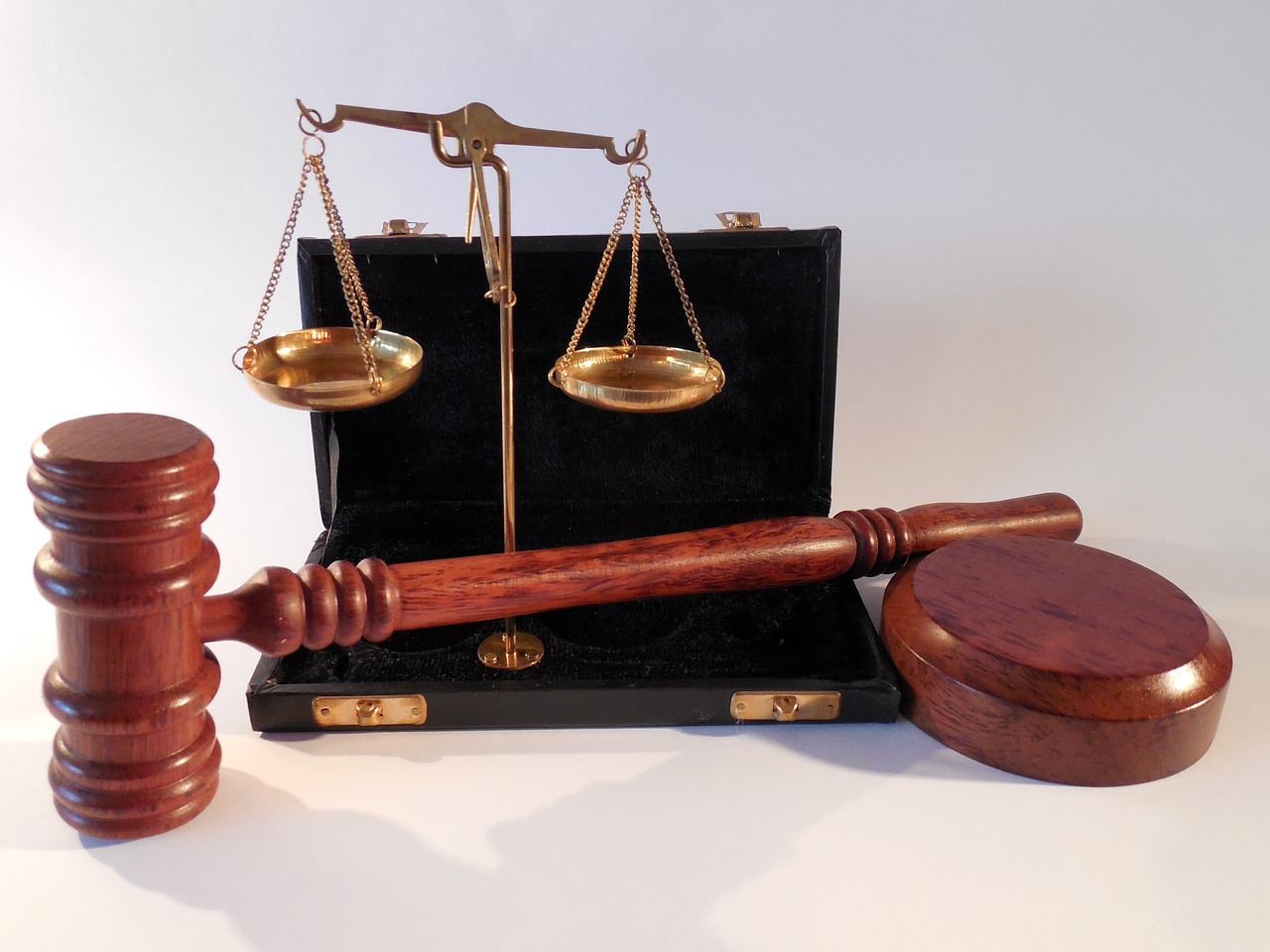Facing criminal charges can be an overwhelming and stressful experience. The legal system can seem complex and intimidating, particularly for individuals navigating it for the first time. However, understanding the process and knowing what to expect can help reduce uncertainty and allow you to make informed decisions throughout your case.
From the initial arrest to the conclusion of your trial, each stage of the criminal process plays a critical role in determining the outcome. This guide will provide a comprehensive overview of what you can expect and how to prepare for each step.
Understanding the Charges and Initial Steps
The first step in the legal process is understanding the charges against you. After an arrest, law enforcement must provide a formal explanation of the alleged offense, typically in the form of an arrest warrant or criminal complaint.
At this stage, it’s crucial to seek legal representation. An experienced attorney will review the evidence, explain the charges, and advise you on your rights. If you have questions about specific laws or policies, such as the new Fentanyl murder law, your attorney can provide clarity and guidance based on the latest legal developments. During this phase, you may also attend an arraignment, where the charges are officially read in court, and you will have the opportunity to enter a plea of guilty, not guilty, or no contest. The court may set bail, allowing you to secure temporary release until your trial.
Pre-Trial Proceedings
Once the initial steps are complete, the case enters the pre-trial phase. This stage involves gathering evidence, filing motions, and preparing for the possibility of a trial. Both the prosecution and defense will build their cases by collecting witness statements, reviewing physical evidence, and consulting expert testimony.
During this period, your attorney may negotiate with the prosecution to reach a plea agreement. Plea deals can result in reduced charges or lighter sentences in exchange for a guilty plea. However, it’s important to weigh the potential benefits and consequences carefully before accepting an agreement.
Pre-trial motions are another significant aspect of this phase. Your attorney may file motions to suppress evidence, dismiss charges, or request a change of venue. These motions aim to address procedural or legal issues that could impact the fairness of your trial.
The Trial Process
If your case proceeds to trial, it will typically involve several stages: jury selection, opening statements, presentation of evidence, closing arguments, jury deliberation, and the verdict.
Jury selection is the first step in a jury trial, during which attorneys from both sides question potential jurors to ensure an impartial panel. Once the jury is selected, each side presents their opening statements, outlining their arguments and the evidence they plan to introduce.
The prosecution will present its case first, calling witnesses and submitting evidence to prove your guilt beyond a reasonable doubt. Your defense attorney will have the opportunity to cross-examine witnesses and challenge the prosecution’s evidence. Once the prosecution rests, the defense will present its case, offering evidence and testimony that supports your innocence or casts doubt on the charges.
Closing arguments provide a final opportunity for each side to summarize their case and persuade the jury. The jury then deliberates and reaches a verdict of guilty or not guilty.
Sentencing and Appeals
If you are found guilty, the case proceeds to the sentencing phase. The judge will consider factors such as the severity of the offense, your criminal history, and any mitigating circumstances before determining your sentence. Sentencing can range from fines and probation to incarceration, depending on the nature of the charges.
In some cases, the defense may present additional evidence or testimony during the sentencing hearing to advocate for a more lenient outcome.
If you believe that errors were made during the trial or that your rights were violated, you have the option to file an appeal. Appeals are not retrials but rather a review of the trial’s procedures and rulings. If the appellate court finds significant issues, it may overturn the verdict, order a new trial, or modify the sentence.
Facing criminal charges is a daunting experience, but understanding the legal process can help you approach it with confidence and clarity. From the initial arrest to the resolution of your case, each stage presents opportunities to build a strong defense and protect your rights. Whether it involves researching the laws or preparing for trial, having experienced legal representation is critical. Your attorney will guide you through each step, ensuring that you understand your options and can make informed decisions.
With preparation, support, and professional guidance, you can navigate the complexities of the legal system and work toward the best possible outcome for your case. While the road may be challenging, staying informed and proactive is the key to successfully managing the process.






